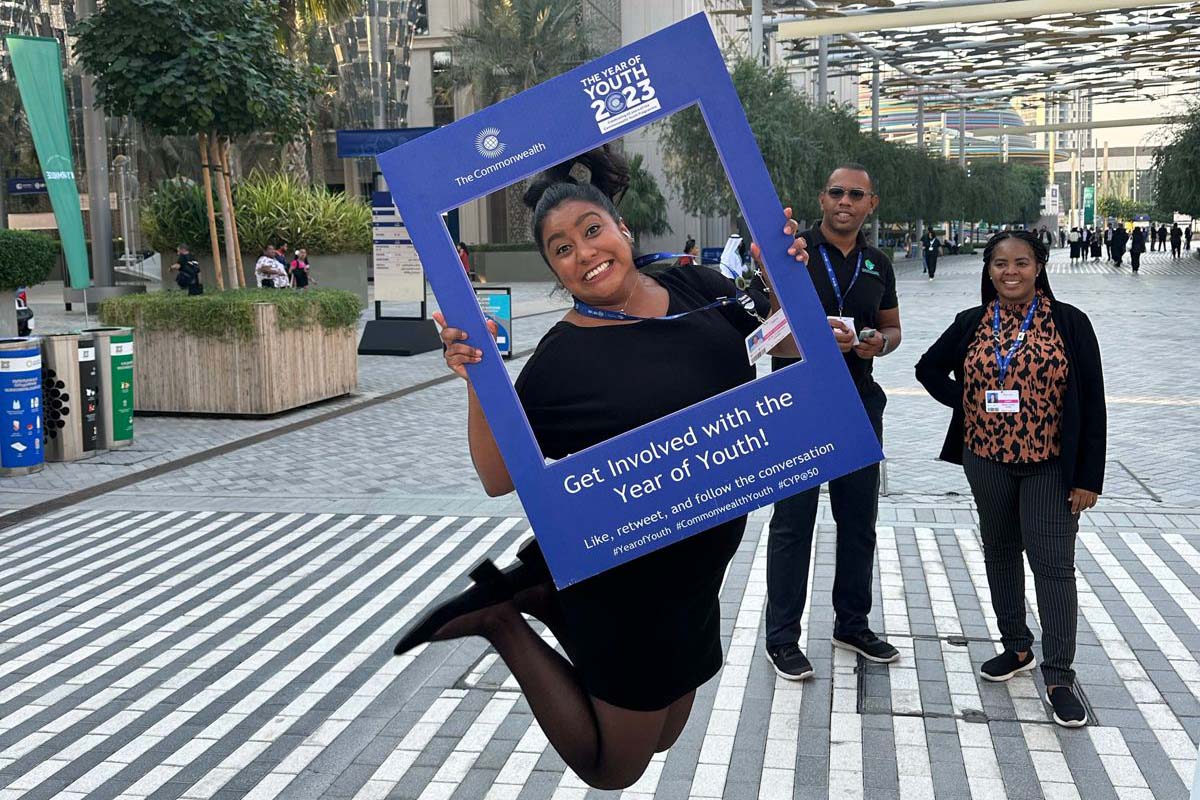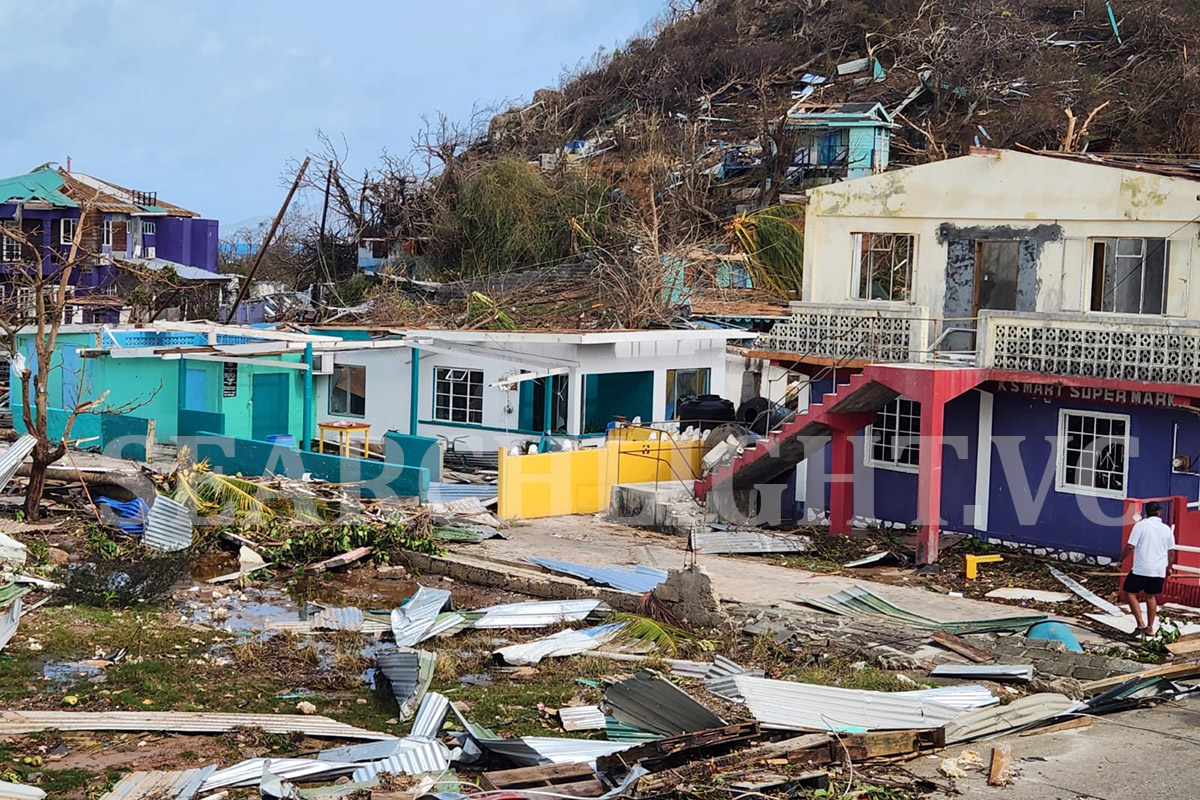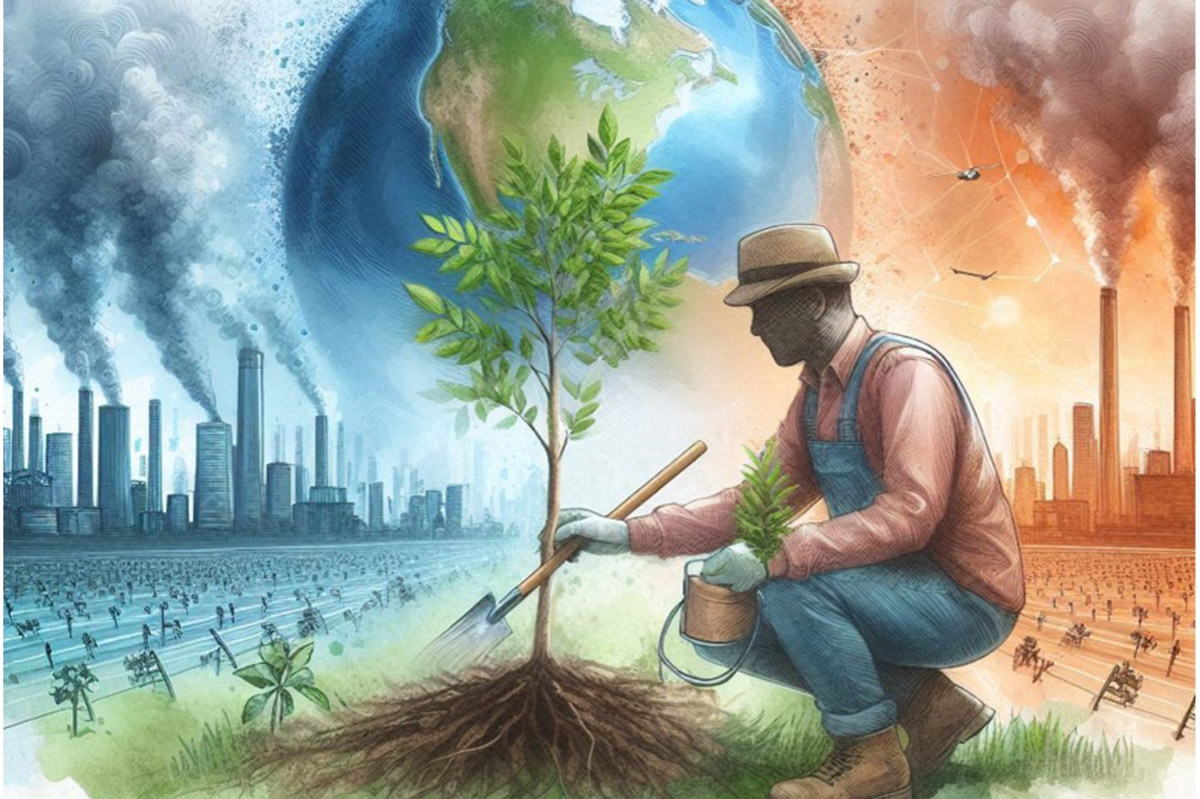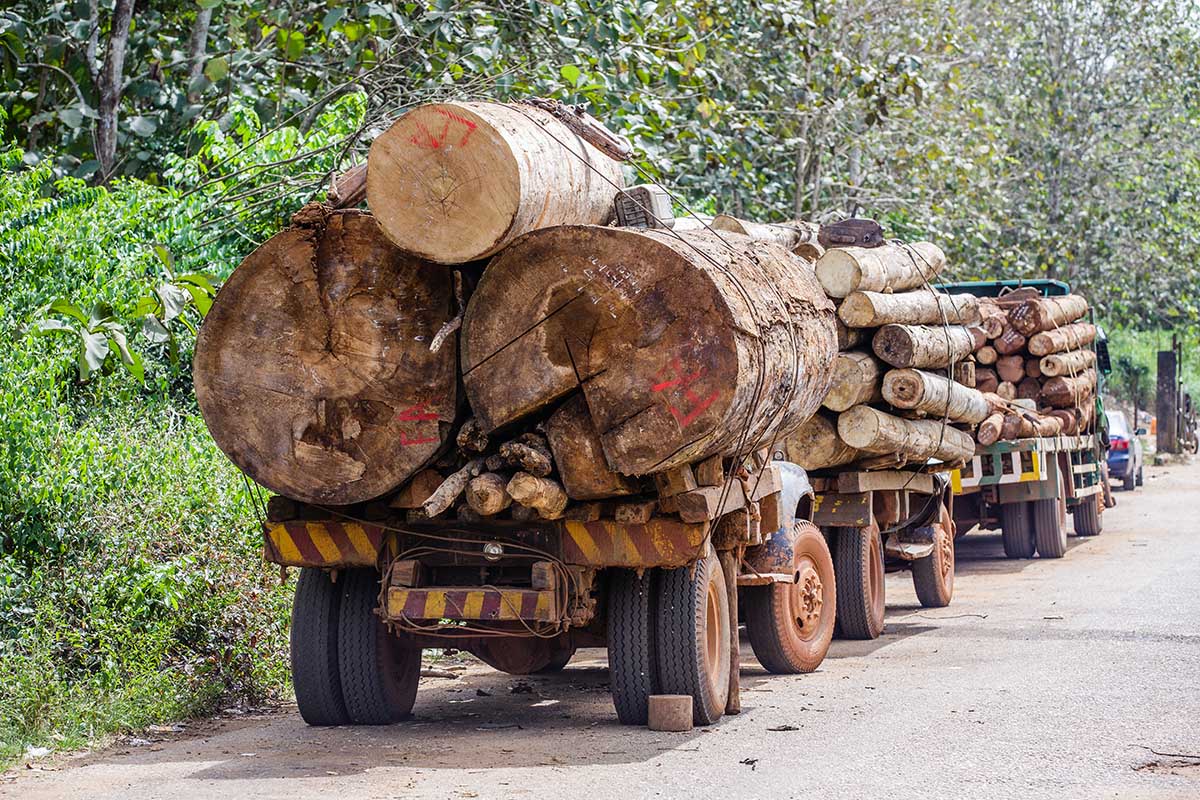Young Climate Voices: A Commonwealth Youth Delegate’s Reflections on COP28
January 23by Ruth Gutierrez-Corley
COP28 marked a very special time in history – one when the most vulnerable were heard and prioritized through the allocation of funds to loss and damage.
It was a remarkable experience connecting with youth delegates from different parts of the world who shared their stories and expertise through the Commonwealth Youth Climate Change Network (CYCN) and partners of the Commonwealth Secretariat.
I believe that much focus was placed on young people for this COP, as a youth and sustainability hub was in the green zone, with public access to students at all levels, and a women and youth pavilion in the blue zone with a full agenda of side events led by youths. These particular hubs were structured in the form of a museum of the future with high input of technology and interactive games such as images projected to create an immersive learning experience showing the ocean environment and its species.
Although much effort was made to facilitate youth at COP28 venues, many young people were not able to attend or struggled to attend because of limited support especially from grassroots organisations. For individuals going to COP for the first time, it may have been an overwhelming experience, just as it was for me, during my second time at COP28. It is important that young people receive proper preparation before attending COP, with briefings on the negotiations, side events and maps.
Perhaps in the future, arrangements will be made for all individuals who attend COP to receive automated briefings. Until then, I think efforts need to be made when organizing the meetings so that every attendee is able to interact with each other rather than within specific working groups. I had the chance of presenting my preliminary PhD findings at the nature pavilion and after engaging in a fireside chat. Moreover, apart from my presentation engagement, over the two-week duration of COP28, I visited over 20 country and themed pavilions while attending approximately 30 side events.
Three themes stood out for me during this COP: (i) Inclusivity (ii) Partnership and (iii) Reformation.
Inclusivity was key at this COP with there being youth representation at high-level discussions and during informal conversations at side events with youth networks, youth-led organizations, and with the Secretary General of the Commonwealth Secretariat, the Right Honorable Patricia Scotland. These collective engagements have inspired me to continue the PhD research work I am doing at the Islands and Small States Institute.
The story telling sessions made me reflect on life in the southern part of Belize where we suffered in silence when my great grandparents had to move away from Monkey River because their homes and graves were inundated by the sea. They moved to higher lands but had to relocate when those same lands were lost to investors in the banana industry. Now living along the tributaries of the Placencia Lagoon, in 2001, we experienced Hurricane Iris which left permanent damage to our home which has defied the best efforts of repairmen. The experience at COP made me realize that I should not be embarrassed about where I come from or some of the circumstances I have faced. I was able to relate to so many stories of other young folks from the Pacific region. This COP provided a safe space for young people to express their views through different mediums with an audience that was ready to listen and engage with them.
Secondly, Partnership is strengthened by effectively interacting with a wide and diverse audience, especially in youth side events. An example of this was when CYCN partnered with other youth-led organizations and invited world leaders to speak at our youth events. Among the speakers was the co-founder of LinkedIn who spoke about Green Skills. I believe young people are ready to transition from interacting with persons within a single organization to co-created meaningful events with interactive sessions that promote networking opportunities.
For future events, partnerships are the way forward and this means that we need to continue investing time in the relationships we have established so far. This will take effort on my end as it comes with practice and I believe it’s something that requires effective and consistent communication.
Lastly, a call for Reformation of our polices to allow for the just transitioning and phasing out of fossil fuels captured the attention of many policy makers, with the COP28 presidency leading the change. We were exposed to the latest technology and innovation shaping the new sustainability world such as renewable energy, climate-resilient infrastructure, and data science management and software. Also, there were also field trips to different field sites in Dubai where waste is processed, and there is recycling, value-adding, and environmental restoration of degraded areas using mangroves. While some countries think and plan for the long-term, other countries are working on solving short-term problems due to insufficiency of budgets for the scale of such investments. At the moment, the style of agile governments is being observed to see how solutions are being implemented based on recommendations from data-driven tests.
Many thanks to the Commonwealth Secretariat for supporting CYCN in continuing to include grassroots youths into the mainstream of the climate change arena and high-level conferences. This has been a truly life-changing experience, one that has facilitated the transformation to climate change adaptation.
Ruth Gutierrez-Corley is an aquaculturist with an interdisciplinary background and work experiences in the field of aquaculture, natural and marine resources management and sciences. She is currently pursuing a Ph.D. degree in Islands and Small States Studies at the University of Malta after having been awarded a scholarship from the Malta Ministry for Foreign and European Affairs & Trade (MFET). She is a member of the Commonwealth Youth Climate Change Network (CYCN) and the former coordinator of the Commonwealth Ocean Youth Working Group (OYWG)




